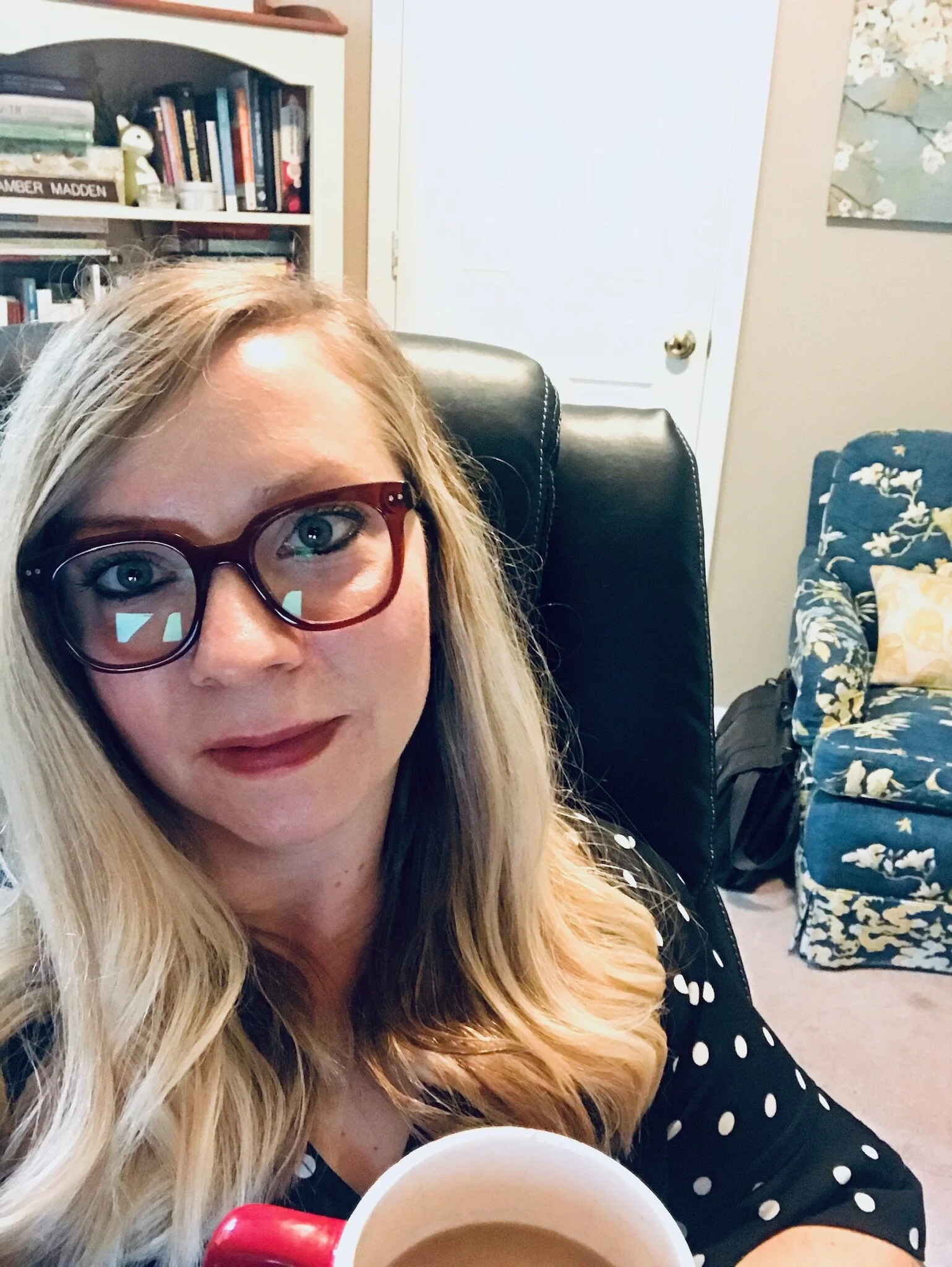What is Binge Eating?
/Binge Eating Disorder can be a serious condition that impacts many people every year. In fact, Binge Eating Disorder (BED) is the most common eating disorder in the United States. According to BEDA, “An estimated 3.5% of women, 2% of men and 30% – 40% of those seeking weight loss treatments can be clinically diagnosed with BED.” Although the disorder commonly appears in individuals that are obese, it can also occur in those that are of a normal weight range.
Those with BED often experience episodes of eating in which they eat until they are physically uncomfortable, sick or even in pain after a meal. They find it difficult to stop during feeding, even if they do start to feel full. Many may not even notice when they’re beginning to feel full because they have “zoned out” while eating, almost in a trance-like state. People struggling with BED feel powerless, out of control and hopeless in their quest to lose weight or change their eating habits.
People who binge-eat sometimes experience a crippling cycle in which they may binge to the point of feeling uncomfortable, diet or restrict to compensate for the binge to the point of extreme hunger and then find they binge again. This cycle triggers feelings of guilt, shame and hopelessness, which in turn, can lead to another binge episode.
This is one of the very reasons why many diets fail for many of those seeking change. Individuals attempt to diet, restrict calories and compensate for their bingeing. However, there are complicated and negative emotions tied to BED. These emotions can stem from past traumatic experiences, body dissatisfaction, self-hatred, or interpersonal problems, such as struggling with relationships. The emotions keep these individuals stuck in the cycle and they have great difficulty in managing these episodes.
Symptoms of Binge Eating Disorder:
Eating an amount of food that is definitely larger than what most people would eat in a similar period of time under similar circumstances.
A sense of lack of control over eating during the episode (e.g., a feeling that one cannot stop eating or control what or how much one is eating.)
Eating much more rapidly than normal.
Eating until feeling uncomfortably full.
Eating large amounts of food when not feeling physically hungry.
Eating alone because of feeling embarrassed by how much one is eating.
Feeling disgusted with oneself, depressed, or very guilty after eating.
Below you will find resources for searchable databases regarding treatment centers offering binge eating treatment by location.
BEDA – Binge Eating Disorder Association
NEDA – National Eating Disorder Association
Eating Disorder Hope
If you or a loved one is in need of support, please do not hesitate to reach out to a professional. Binge Eating Disorder triggers emotions of guilt and shame, which causes individuals to suffer in silence. BED is a real condition, and there is no need to be ashamed. In addition, I would love to help and support you or a loved one any way I can. You can contact me through my business email amber@maddenwellnessky.com or go to my website for information and resources www.maddenwellnessky.com .
Amber Madden is a Licensed Counseling Associate specializing in Eating Disorders and Obesity. She is the Clinical Director at Madden Wellness Counseling, PLLC. She utilizes her skills in addiction to assist her clients in with Binge Eating, "food addictive" patterns, and develop a positive approach to overall health and wellness. She has a passion for assisting clients in achieving their health goals and learning to love nutritious foods and exercise. For more information visit www.maddenwellnessky.com






























